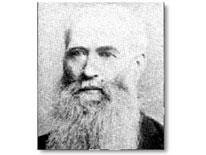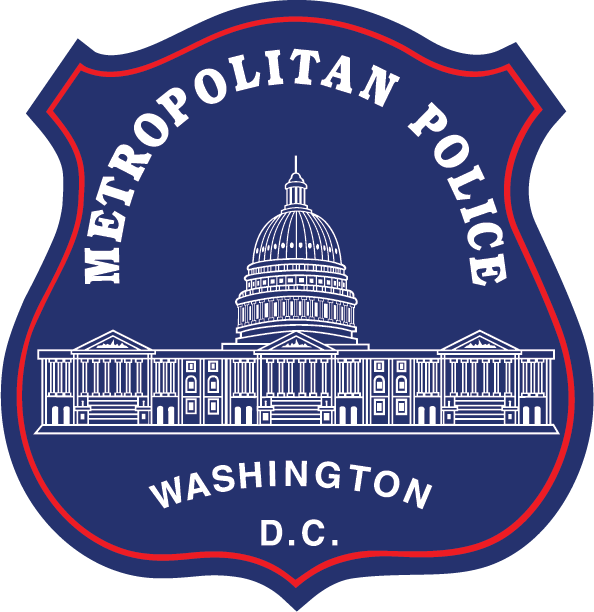
Major and Superintendent (April 1883 - June 1886)
In 1883, following the resignation of Superintendent Brock, the Police Commission appointed General William McE. Dye to the position of Major and Superintendent. General Dye was a man who brought a great deal of military experience to the job.
He was born in Ohio, and was a graduate of West Point and began his service out west. Then Second Lieutenant Dye was posted in California, Oregon and Washington as an infantry officer. At one point he served with Ulysses Grant, and at another he held the position as Adjutant and Regimental Quartermaster in San Antonio, Texas under General Robert E. Lee (U.S. Army).
He saw action during the Mexican war and later returned to the east to recuperate from sickness and wounds he suffered during a harrowing escape. By 1862, with the on set of the Civil War Lieutenant Dye was then given command of an Iowa Brigade. He saw action in Missouri, Arkansas, at Vicksburg, and helped oversee the exchange of prisoners at the end of the war.
In 1865, he was made Brigadier General and served in Wyoming and some other western territories until 1869. Brigadier-General Dye then returned to civilian life, but was quickly given a five year contract to work for the Egyptian government.
Following the Great Chicago Fire, Mr. Dye came to Washington and held a Division Chief ship at the Pension Office, until he was appointed to Major and Superintendent of the Metropolitan Police.
Superintendent Dye proceeded cautiously at first, but was part of several major improvements to the police force. Namely the furtherance and installation of the police telephone system, which was quickly expanding into several of the police precincts. He also revamped the organization of the disgraced Detective Bureau.
He fought to restrict information gathered by the press and oversaw the enactment of new laws restricting dogs and vendors. He instituted new personnel regulations, one of which made having a political argument with a follow officer on your beat tantamount to “Neglect of Duty.”
Although the department he managed was better organized and not racked by scandal, Superintendent Dye could not avoid criticism. He was thought to be a recluse, and not publicly accessible. He was also accused failing to control an unruly crowd that had gathered at the reviewing stand during President Grover Cleveland’s inaugural parade.
Superintendent Dye resigned at the behest of the Police Commissioners on July 1, 1886.
